Because it's not for everyone!
Ever dreamt of waking up to a new view every morning, with the world as your backyard? The allure of a nomadic and van life is undeniable - freedom, travel, adventure, and a minimalist lifestyle that promises more connection with nature and yourself. But is this lifestyle right for you?
I’m here to help you find out in 7 easy steps.
The chances are you’ve landed on this post because you’re curious about, or seriously considering, taking the plunge and living in a van for an extensive period - whether that be a few months, a few years or an indefinite period. And you're not alone - 51% of van-lifers reside in their vans full time.
Ever since I made the leap into van life, I’ve been asked countless times: "How do I know if van life is right for me?" It’s a question that requires more than just a quick answer.
In 2022, I was asking the same question, feeling drawn to the freedom and adventure of van life but unsure if it was the right fit for me.
Because, let’s face it - while van life offers incredible liberation, it also comes with its fair share of challenges and inconveniences (as with all walks of life). It's not a magic fix for all your problems, but it can provide a unique sense of freedom unlike anything else - and offer a practical solution to some challenges you may be dealing with right now.
To help you figure it out, I've put together a 7 step guide based on my own journey and experience. So, let’s dive in and see if the van life is the right fit for you.
I've also created a FREE printable document with bonus questions - ideal for your own personal assessment that you can complete and save offline.
1. Understand Your Why
The first step? Define your "Why," (plus also a "What," and "How). Understanding why you're drawn to this lifestyle and how you plan to make it work is crucial – it lays the groundwork for the decisions you'll make later on.
Is it the promise of freedom, the desire to travel? Or perhaps a need to escape the traditional nine-to-five grind? Your motivation is crucial because it will be the driving force that gets you through the challenging moments.
For me, it was my passion for travel and adventure, a thirst for experiences and a desire to dramatically simplify my life. What's your Why?
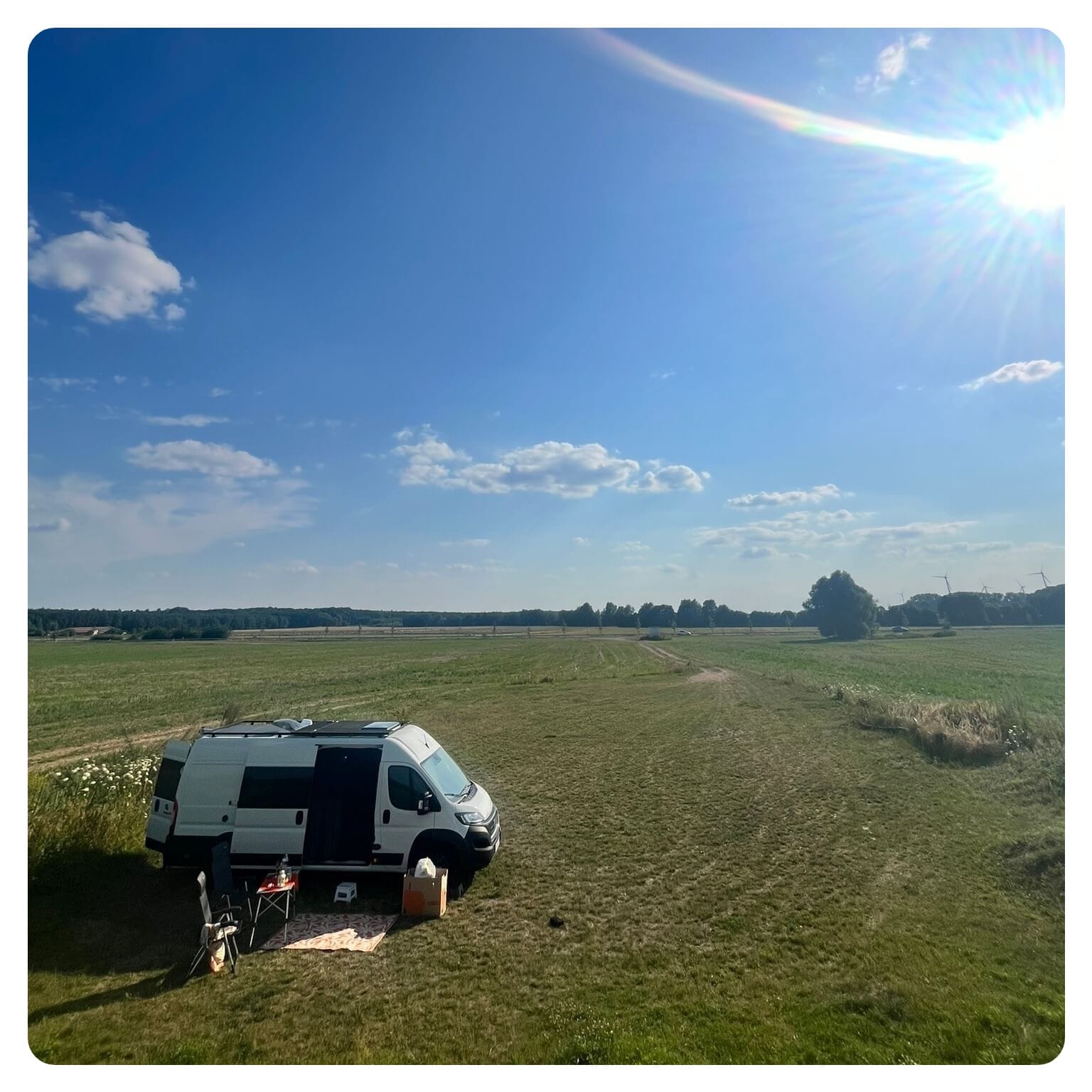
2. Consider Your Work Situation
Unless you’re retiring into van life or have a nest egg big enough to never need to work again, making money on the road is a major consideration.
It goes without saying that your outgoings should significantly reduce when you live in a van. This will alleviate the pressure of needing a certain job with a certain income and free you to explore other work avenues.
This was a major factor for me, having spent 20+ in high pressure corporate roles - van life has provided an opportunity for me pivot the next stage of my career to focus on creative projects.
Many van lifers work remotely, taking advantage of technology and flexible work arrangements. Freelancing, remote jobs, or running an online business are popular options. It's important to assess your income-generating potential and have a sustainable plan in place to support your lifestyle.
3. Budget & Financial Planning

Budgeting for van life is crucial to ensuring your journey rolls smoothly without any unexpected bumps in the road.
Living on the road can be significantly cheaper than traditional living, but it's essential to plan your finances to ensure a comfortable and sustainable lifestyle.
Here are some important costs to calculate:
- Van Acquisition: Whether you're opting for a purpose built motorhome, pre-converted camper or embarking on a DIY van conversion, there's an initial investment to factor in. This includes the purchase of the van itself, along with expenses for insulation, furnishings, and any necessary electrical or plumbing work.
- Operating Costs: Fuel expenses are a significant part of van life, given the miles you'll be covering. Additionally, don't overlook insurance costs to protect your investment and cover any potential mishaps on the road.
- Accommodation Expenses: While van life often involves embracing the freedom of off-grid living, there may be occasions where staying at designated campsites is necessary. Budgeting for these fees ensures you have the respite and extra comforts of a campsite when needed.
- Maintenance and Repair Fund: Vans, like any vehicle, require regular upkeep and occasional repairs. Setting aside funds for maintenance ensures you're prepared for any unexpected mechanical issues that may arise along the way.
In addition to these specific costs, it's essential to budget for everyday essentials such as groceries, healthcare, and miscellaneous expenses.
4. Evaluate Your Need for Space and Comfort
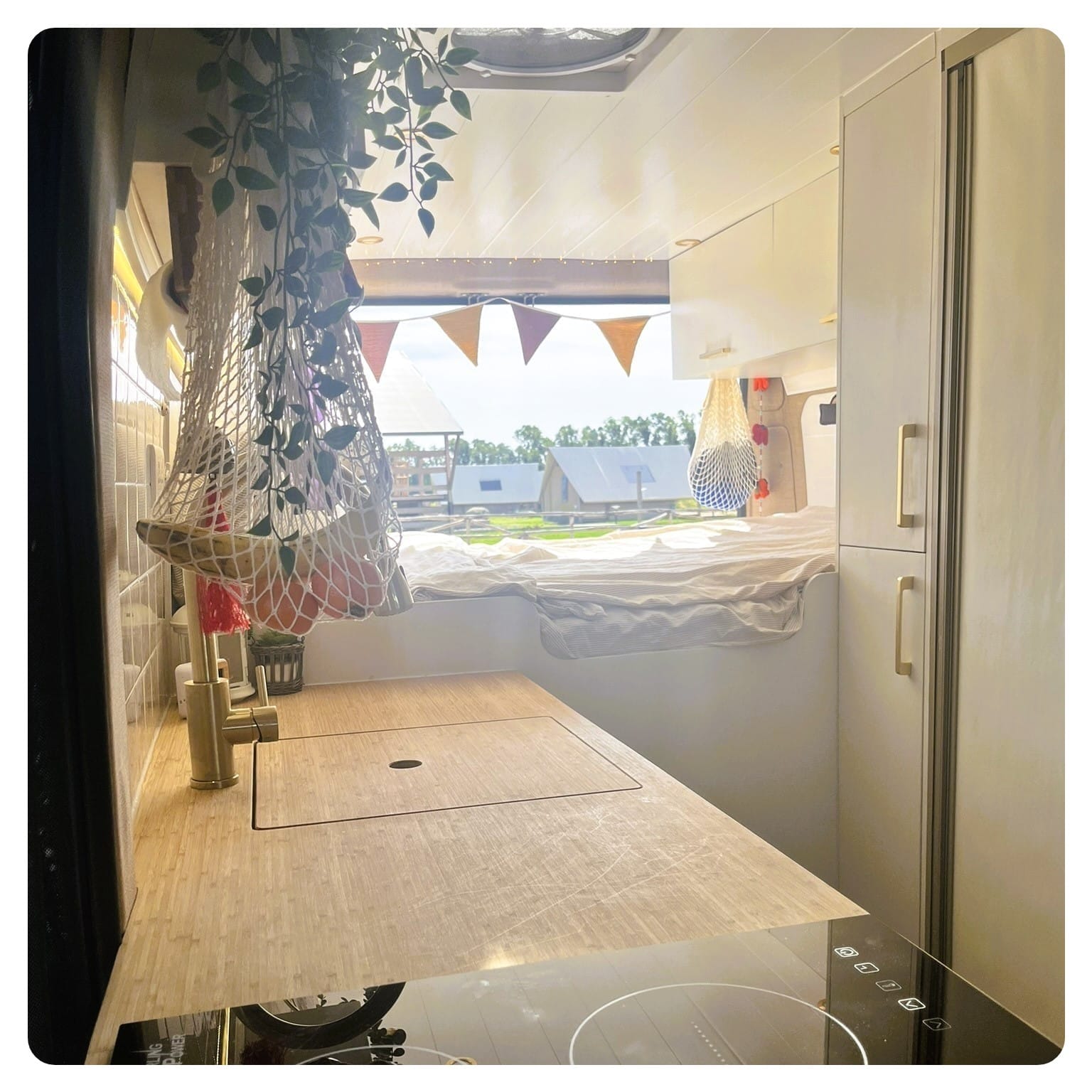
While the idea of minimalistic living in a campervan or motorhome can be appealing, it's important to assess whether you can comfortably adapt to a significantly smaller living space.
Living in a van means embracing a smaller living space with limited amenities. You're forced to downsize your belongings and only keep what's essential.
This minimalist approach can be liberating, helping you declutter your life and focus on what truly matters. By living with less, you may find yourself feeling lighter, more mindful, and more appreciative of the simple joys in life.
It also goes without saying, the more living creatures in the van, the tighter it’s going to get, so other humans and pets also need to be factored into your assessment.
5. Assess the Impact on Practicality and Mental Health

Living in a motorhome unlocks a world of freedom and adventure, where every day is a new opportunity to explore without the confines of a fixed address. But amidst the allure of endless horizons, it's essential to confront the practical realities of this lifestyle head-on.
The daily grind of cooking, laundry, hygiene, and waste disposal takes on a new dimension in the nomadic lifestyle.
Modern conveniences like flushing toilets and running water become cherished commodities on the road.
Adapting to the rhythm of van life means embracing the simplicity of off-grid living and finding innovative solutions to everyday tasks.
Amidst the practical considerations, it's also crucial not to overlook the impact on your mental well-being. The transition from the comforts of a traditional home to the nomadic lifestyle can be a jolt to the system.
6. Think About Your Social Needs

Venturing into the nomadic lifestyle means bidding farewell, at least temporarily, to the comfort of familiar faces and support networks.
While the road may lead you far from friends and family, forging and nurturing relationships becomes a journey in itself.
Yes, it may require extra effort, but there is a vibrant community of van lifers who will offer a welcoming embrace to kindred spirits seeking camaraderie and shared experiences.
For solo travellers, a degree of loneliness and isolation is inevitable. Yet, within this solitude lies a realm of opportunity for personal growth and self-discovery.
Stepping out of your comfort zone to make connections on the road may feel daunting, but the rewards are immeasurable.
7. Asses Your Ability for Maintenance and Self-Sufficiency

Living in a campervan or motorhome requires a certain degree of self-sufficiency, particularly when it comes to vehicle equipment, maintenance and repairs.
As you explore different landscapes and climates, you'll encounter a variety of challenges, from sweltering heat to icy cold. The limited insulation of your van means you'll need to be prepared for fluctuating temperatures and inclement weather.
Stocking up on the right van life gear and equipment is key to ensuring your comfort and safety throughout the seasons.
Also consider whether you have the physical ability, skills, and knowledge required to handle basic repairs. If not, are you open to acquiring these skills through learning.
Don't let a lack of experience or expertise put you off!
So what next?
Before making any drastic decisions, I recommend doing a trial run. Rent a camper or motorhome for a week or so to see how it feels. It’s a low-risk way to test the lifestyle before committing fully.
While testing it out, think about how you handle the lack of space, the constant movement, and the potential isolation?
I had a few camper van vacations to test it out. Not only did it reassure me about van life, it gave me invaluable insights about the type of van I needed, the layout and the equipment.
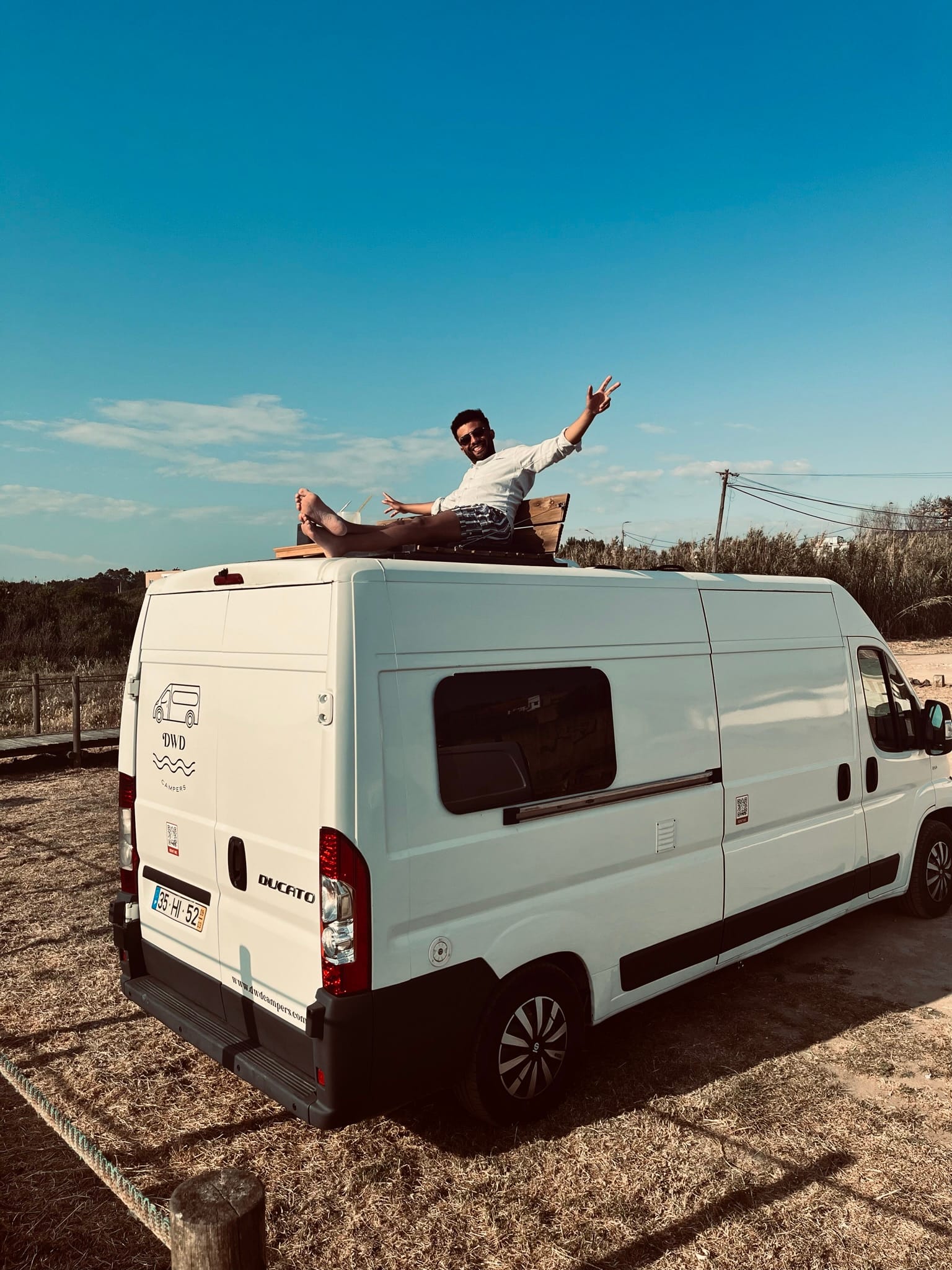
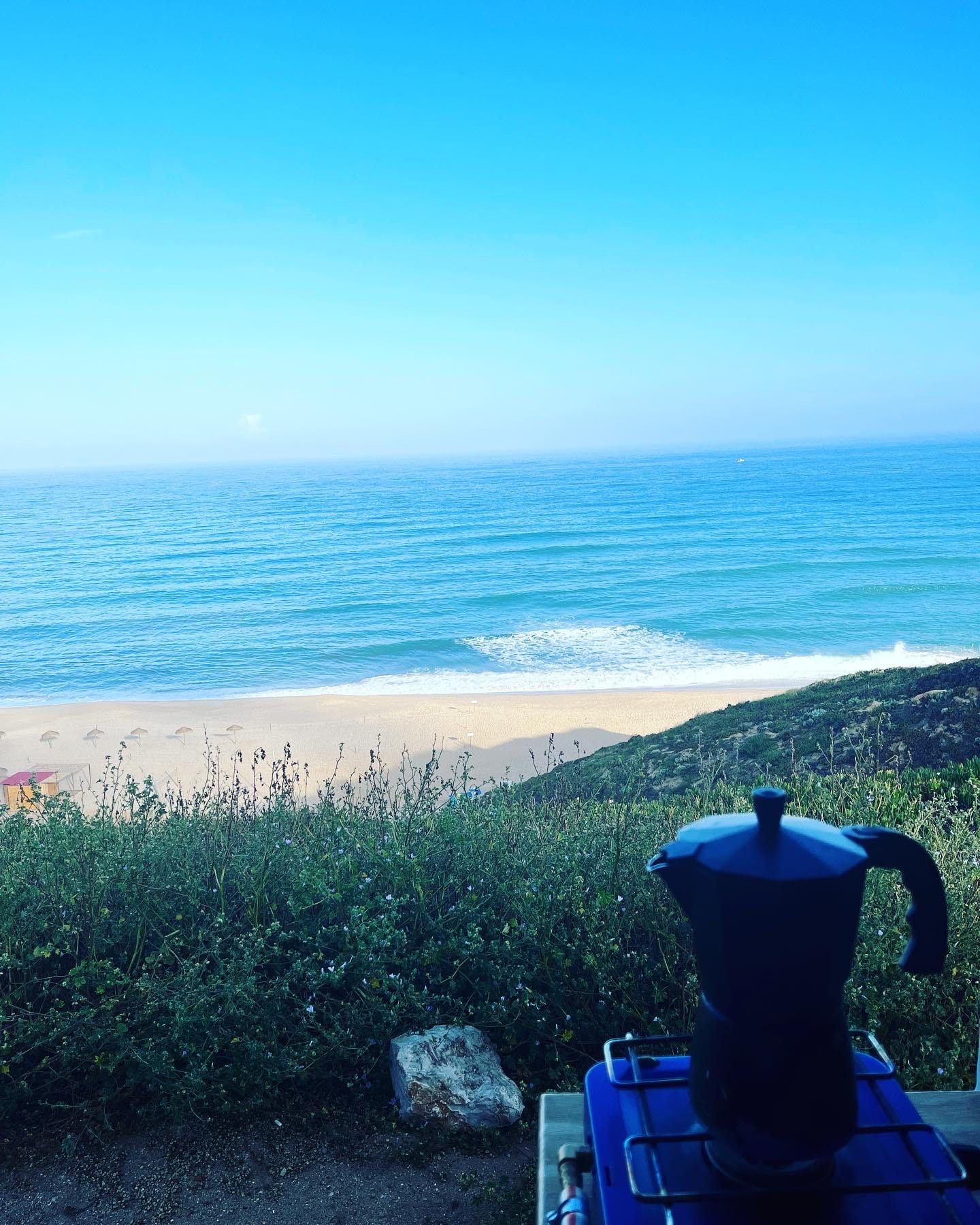
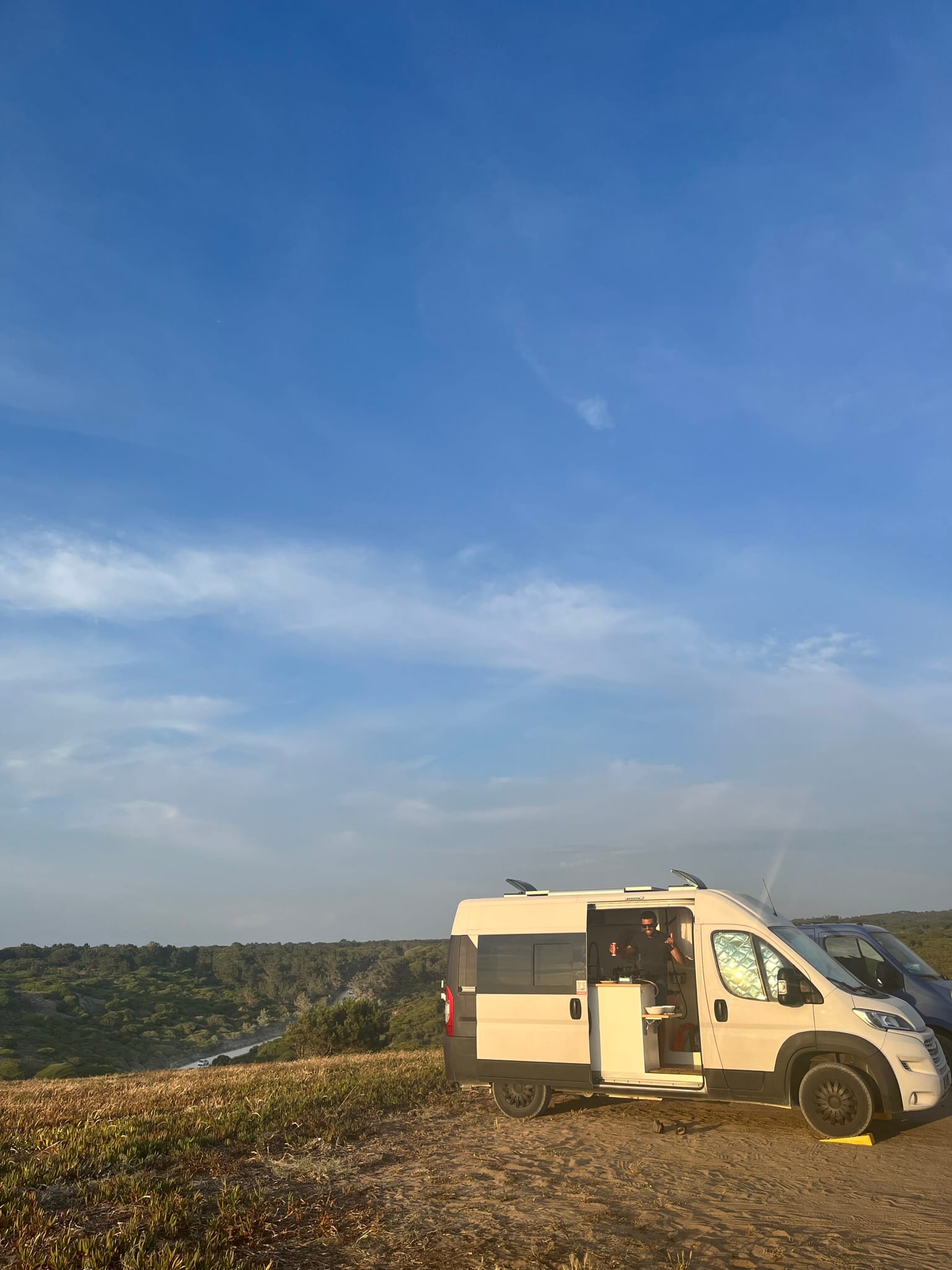
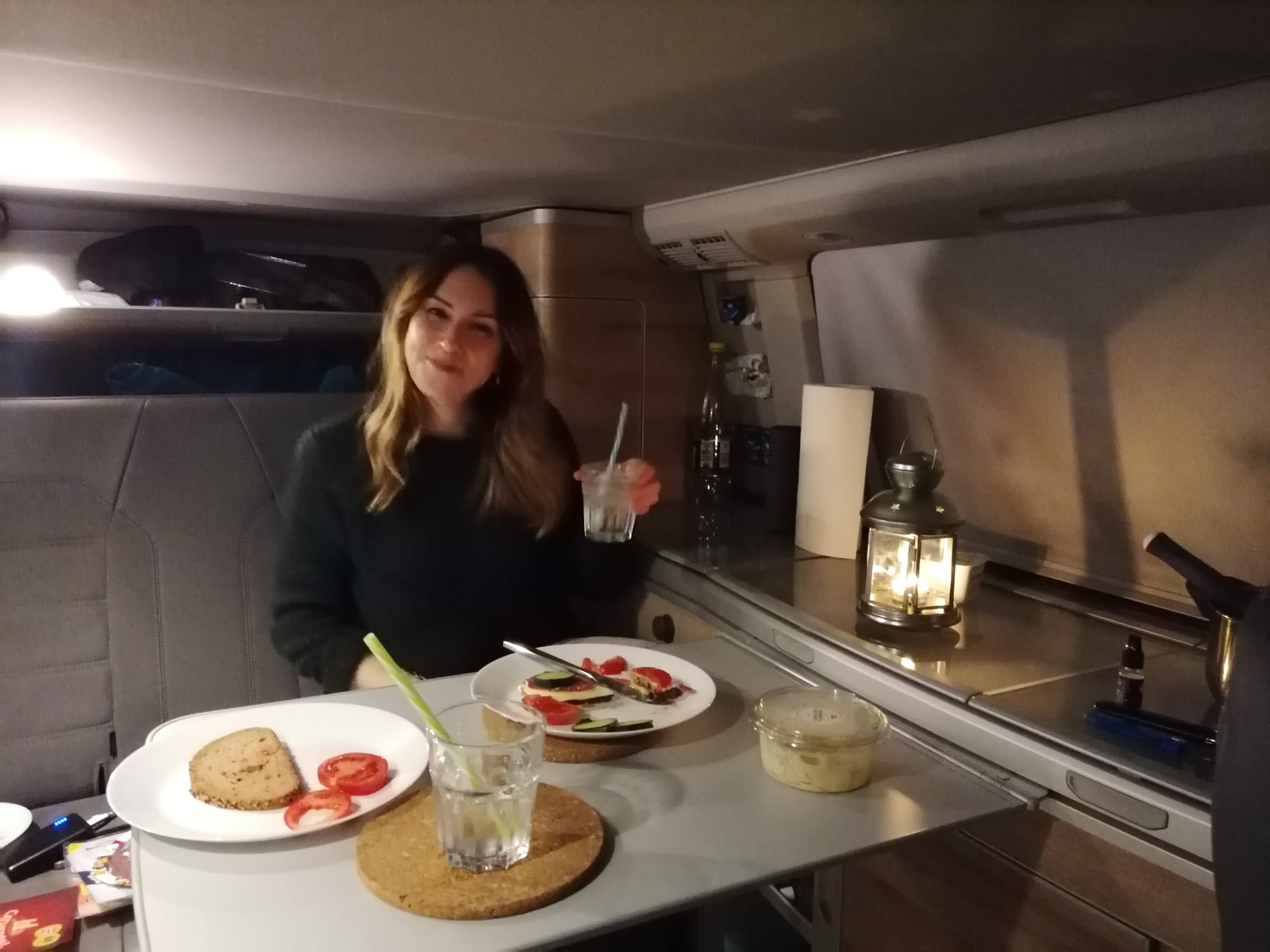
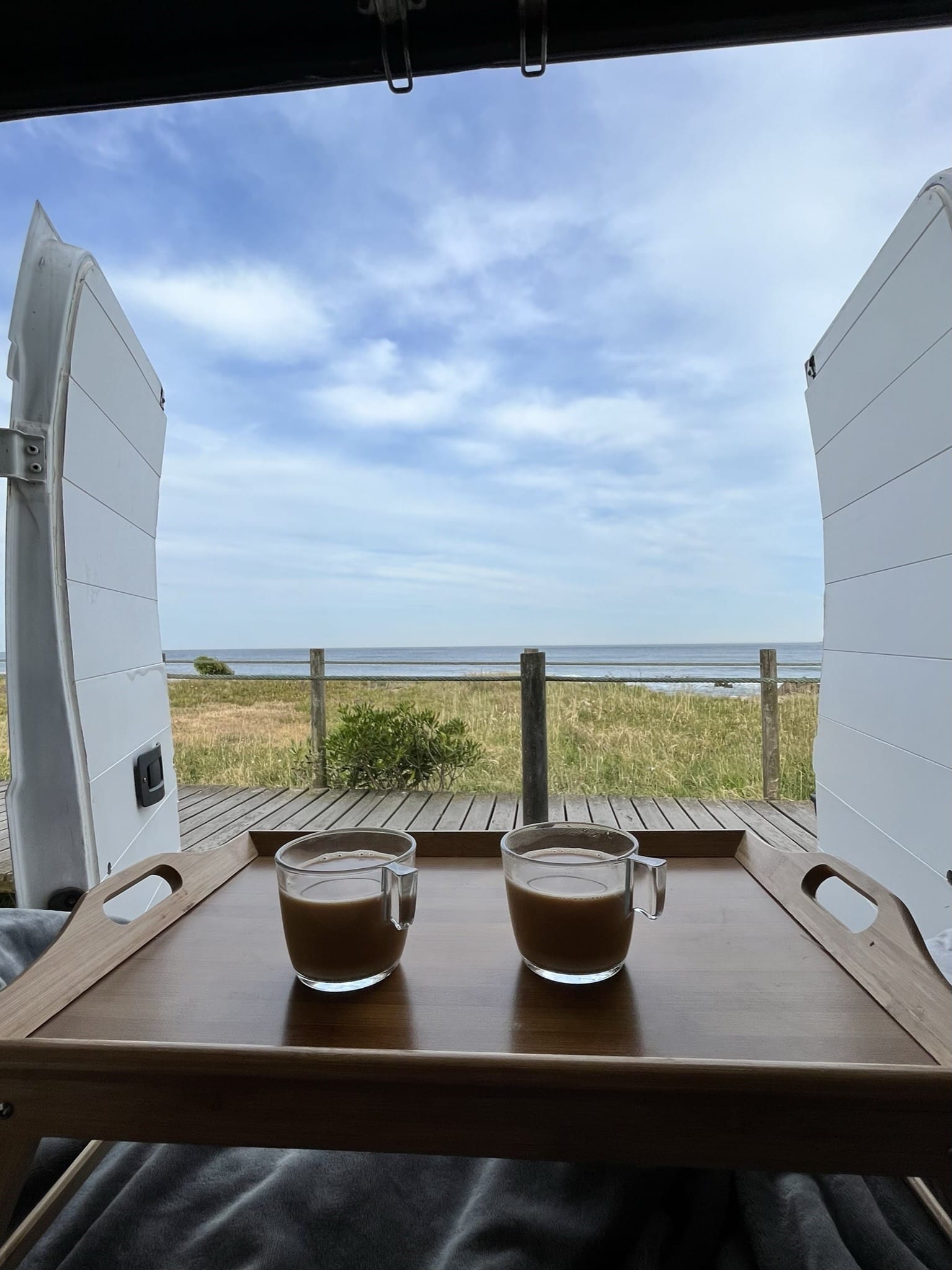
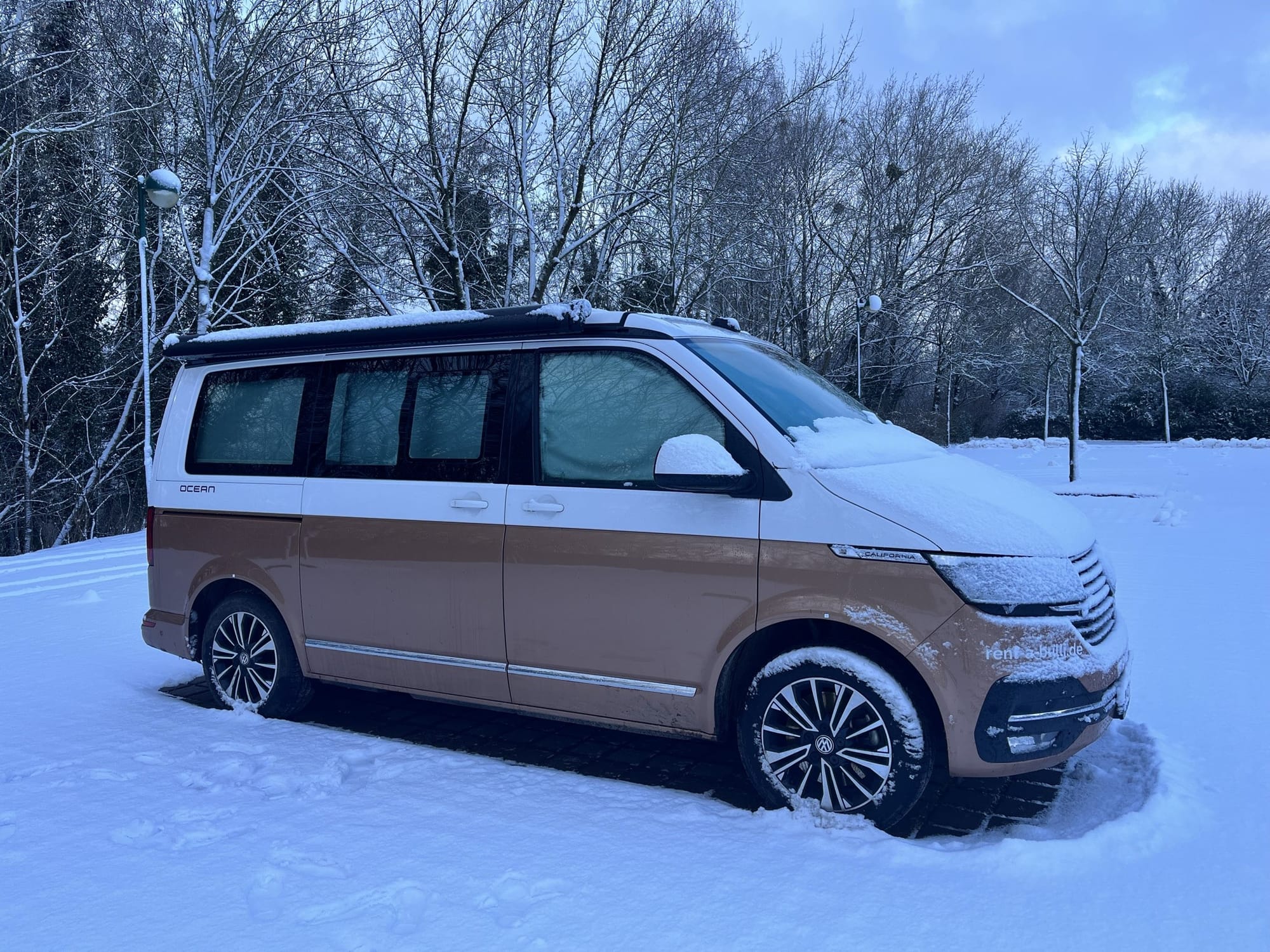
"To move, to breathe, to fly, to float. To gain all while you give. To roam the roads of lands remote. To travel is to live." Hans Christian Anderson
Van life can be an incredibly rewarding way to live, but it’s not for everyone.
By taking the time to explore these steps, you can better understand whether this lifestyle aligns with your values, needs, and desires.
Remember, there’s no rush—van life isn’t going anywhere. Take your time, do your research, and most importantly, listen to your gut. If you decide to take the plunge, know that it’s an ever-evolving journey full of discovery, both of the world and yourself.
Thanks for reading! Leave a comment below with any feedback, questions or your own recommendations, I'd love to hear from you 😄
Read next...



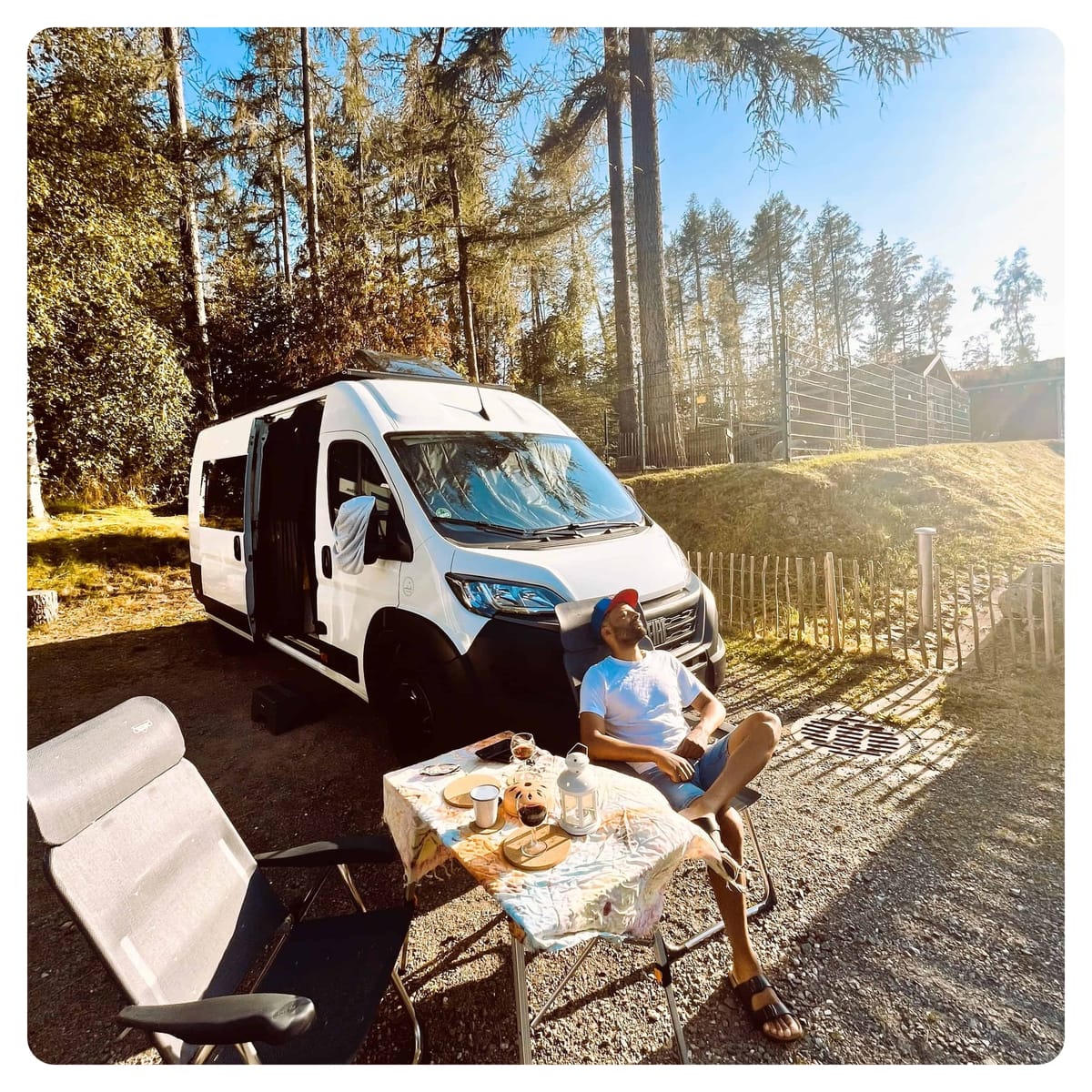


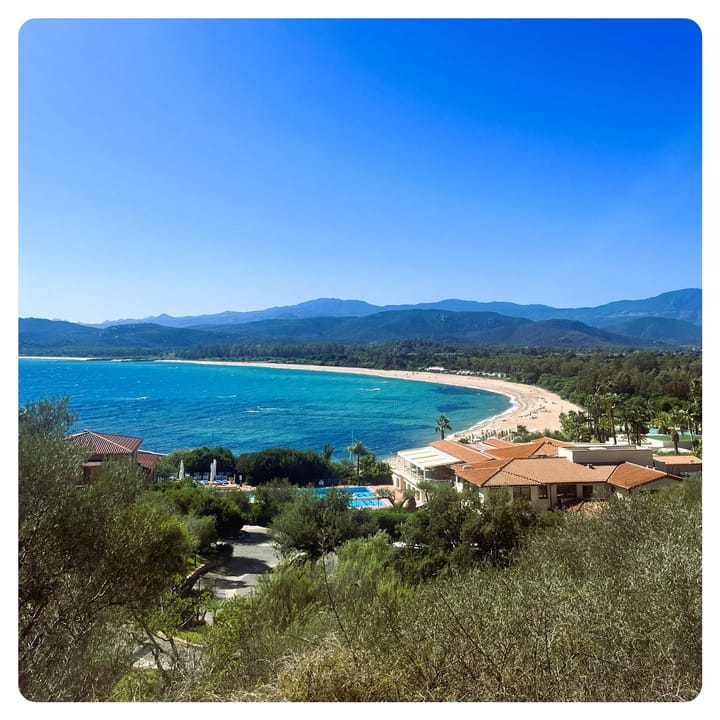
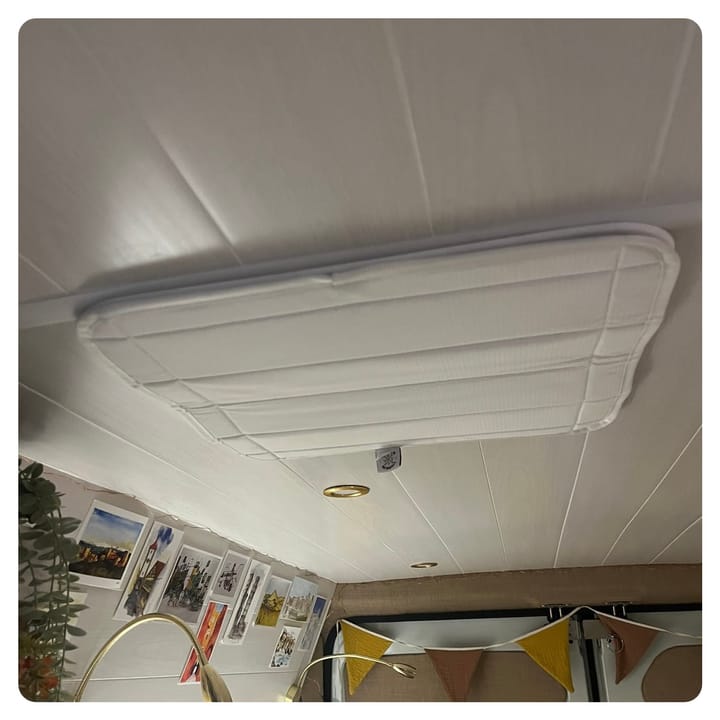
Comments ()